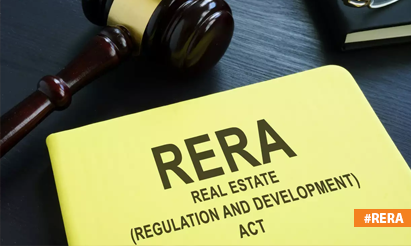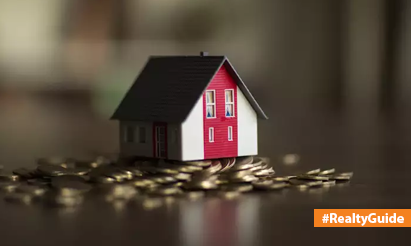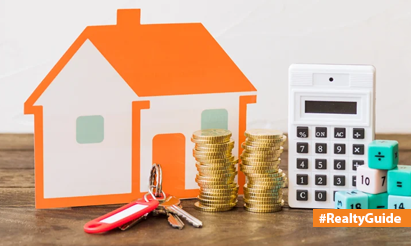All about token money and its do’s and don’ts
When a property purchase is finalized between the seller and the buyer, to seal the deal, a small process is initiated. This includes the buyer paying a small portion of the transaction value i.e the advance to the seller. This type of advance payment is known as the ‘Token Amount’.
This payment is also known as the Bayana in the northern region. This term means that the buyer is really interested in the property purchase. This shows that he is serious about purchasing real estate. Irrespective of the type of deal or property value, the receipt, and payment of the token amount is standard.
This amount is also referred to as the ‘earnest deposit’ or an ‘advance deposit’ as the buyer pays this token amount to show his genuine interest in the real estate. Other terms used are ‘good faith deposit’ or ‘binder’.
When is token money paid?
When the buyer and the seller agree to conclude the deal to buy a property, the token money is paid. The paperwork is yet to start at this stage. There is one more tactic that is practiced in the Indian real estate market; if the buyer goes back on his verbal promise to buy a property, the seller can forfeit the entire amount. If the seller can’t complete the transaction or the property purchase deal, he will have to return the token money to the buyer.
How much money is to be paid as a token amount?
There is no fixed amount that is to be paid to the buyer as token money for the property purchase. The amount varies from person to person. As the token amount is a form of down payment, the buyer will pay it to the developer. So, if the buyer is planning to pay Rs. 10 Lakhs on his own for the property purchase which totals Rs. 50 Lakhs, he will pay Rs. 1 Lakh as a booking amount. The token amount is just a part of the down payment and can’t be used instead.
Can token money be refunded?
The seller would forfeit the token money if the buyer fails to complete the property purchase, unless both, the buyer and the seller have agreed on other terms. After the verbal commitment, the buyer pays the seller a token amount for the real estate. Due to its hassle, a lot of buyers ignore the paperwork. Nevertheless, a notarized document can be useful to state that the token amount has been paid to the seller. This will also help you set some ground rules for further transactions.
As this document is not registered, it doesn’t have legal validity. It only acts as proof that the payment has been done, unlike a legal document, this can’t be produced in court in case of a dispute. If the buyer pays 10% of the deal value, only then will the seller and the buyer enter into a contract. The two parties also have to sign an agreement of sales for the real estate.
How to pay the token money?
As there are almost no ways to ensure a refund, the buyer must keep the token amount as low as possible. The buyer must commit to the seller only after ensuring all his monetary arrangements are done. For instance, it is futile to pay the token money if your bank hasn’t approved the loan.
Make sure to check the credibility of the seller and don’t pay the token amount in cash. If you use banking channels to pay the money, the seller can’t prove that you haven’t paid the token amount for the property purchase.
Disclaimer: The views expressed above are for informational purposes only based on industry reports and related news stories. PropertyPistol does not guarantee the accuracy, completeness, or reliability of the information and shall not be held responsible for any action taken based on the published information.




